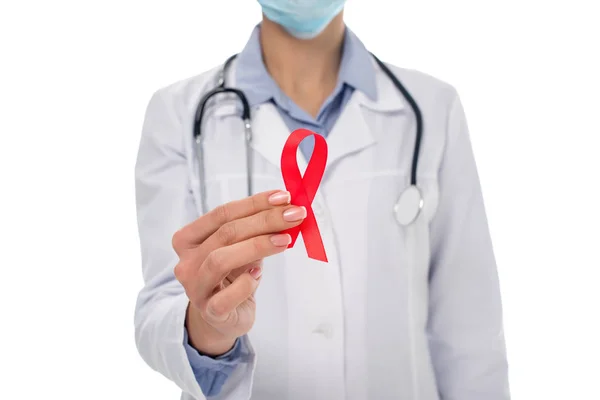HIV Medications and Their Effects: What to Expect
HIV treatment has made tremendous progress over the years, providing those living with the virus the opportunity to lead long and healthy lives. Modern antiretroviral therapy (ART) has made it possible to manage the virus effectively, reduce the risk of transmission, and improve overall health. However, like all medications, HIV drugs can come with side effects. Understanding these side effects and what to expect can help you manage your health effectively.
HIV treatment has made tremendous progress over the years, providing those living with the virus the opportunity to lead long and healthy lives. Modern antiretroviral therapy (ART) has made it possible to manage the virus effectively, reduce the risk of transmission, and improve overall health. However, like all medications, HIV drugs can come with side effects. Understanding these side effects and what to expect can help you manage your health effectively.

Common Side Effects of HIV Medications
While most people tolerate HIV medications well, some individuals may experience side effects. These effects can vary depending on the drug regimen and personal health factors. Here are some of the most common side effects:
• Nausea and Vomiting: Some people may experience digestive discomfort, particularly when starting a new medication. This may subside after a few days.
• Diarrhea: Gastrointestinal issues are common but can often be managed with dietary changes and increased hydration.
• Fatigue: Some HIV medications can cause tiredness or weakness. This is usually temporary and improves over time as your body adjusts to the treatment.
• Headaches and Dizziness: Headaches and dizziness may occur when first starting ART, but they generally subside as the body adjusts to the medication.
• Skin Rashes: Some individuals may develop mild to moderate skin reactions. It’s important to monitor the severity and consult your healthcare provider if it worsens.
• Sleep Problems: Certain ART medications can cause sleep disturbances like insomnia or vivid dreams.
Long-Term Considerations
While most side effects are temporary, some HIV medications can have long-term effects, such as:
• Changes in Metabolism: Medications may lead to weight gain, higher cholesterol levels, or elevated blood sugar levels.
• Bone Density Loss: Some ART medications can contribute to reduced bone density, which increases the risk of fractures. Monitoring bone health is crucial.
• Liver or Kidney Issues: Long-term ART use may impact liver and kidney function. Regular blood tests help detect any issues early.
Managing Side Effects
Many side effects can be effectively managed. Here’s how:
• Stay Hydrated and Eat Well: A balanced diet and proper hydration can help reduce nausea and improve overall energy levels.
• Take Medications as Directed: It’s important to follow your prescribed regimen. Skipping doses can lead to drug resistance and ineffective treatment.
• Communicate with Your Doctor: If side effects become severe or persistent, consult your healthcare provider. They may adjust your treatment plan.
• Consider Medication Switches: If a particular medication causes discomfort, your doctor may suggest an alternative drug with fewer side effects.
The Future of HIV Treatment
Innovations in HIV treatment are ongoing, improving both the effectiveness of medications and the quality of life for those living with the virus. Newer drugs are designed with fewer side effects and offer more convenient dosing options, such as long-acting injectable treatments that eliminate the need for daily pills.
If you or a loved one is managing HIV, staying informed and proactive is essential. Always consult your healthcare provider to ensure you’re on the best treatment plan tailored to your individual needs.
Take Control of Your Health Today!
Stay informed about your treatment options and communicate openly with your doctor. With modern advancements in HIV care, a healthy future is within reach!








